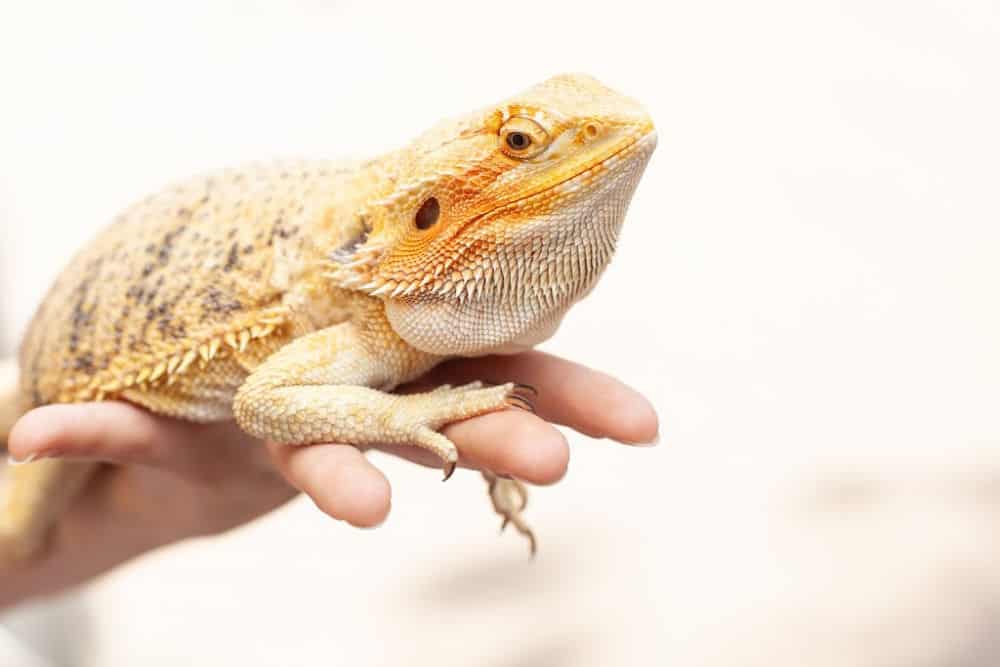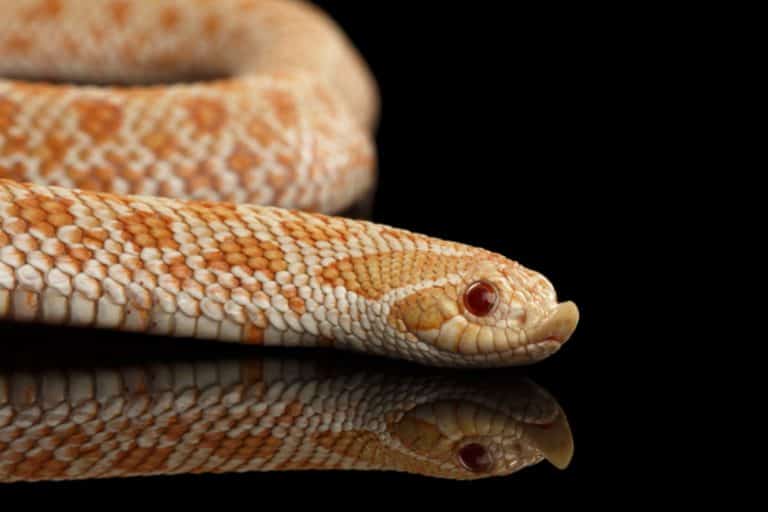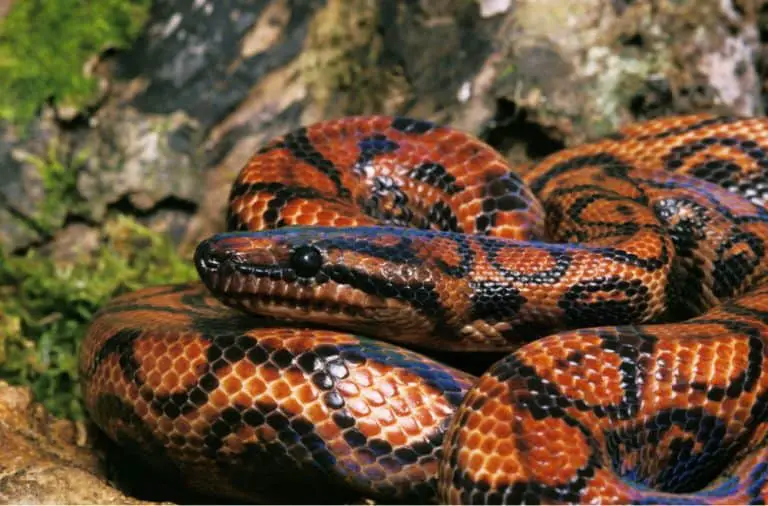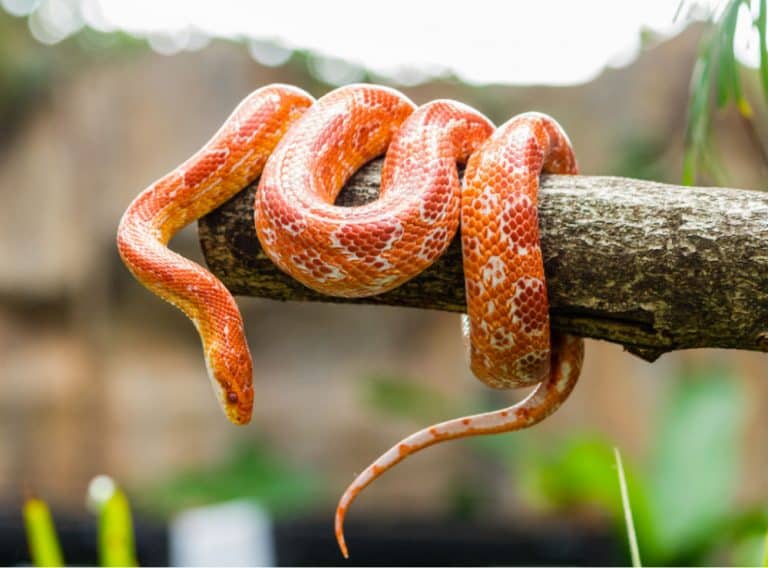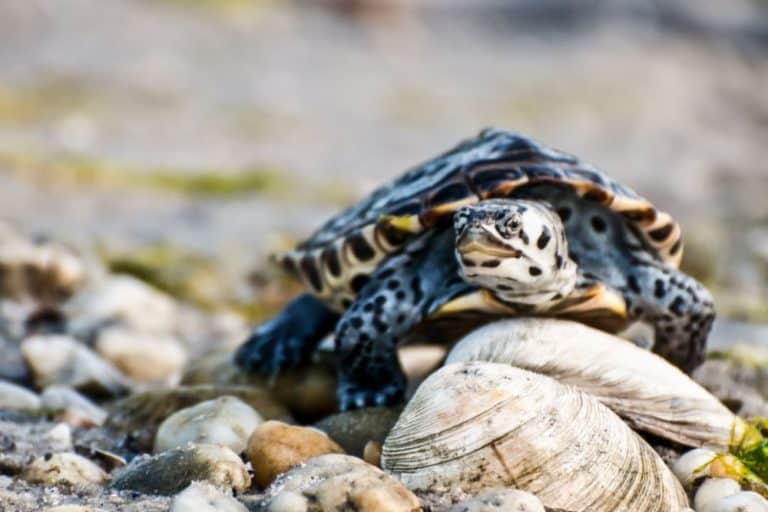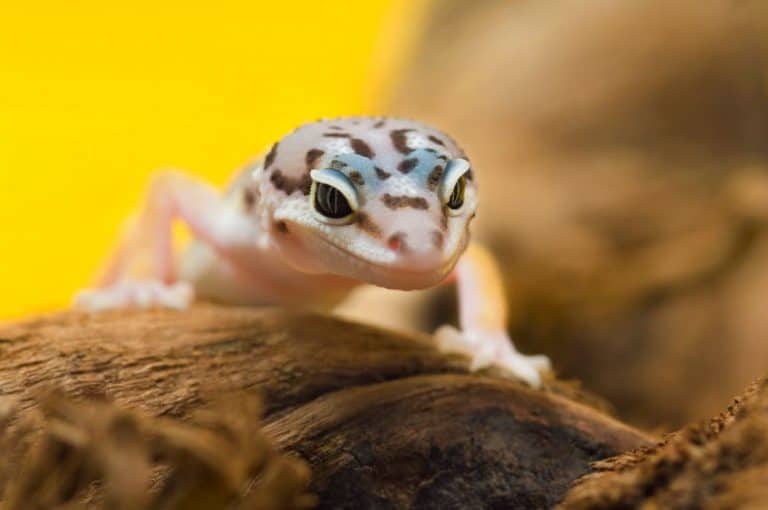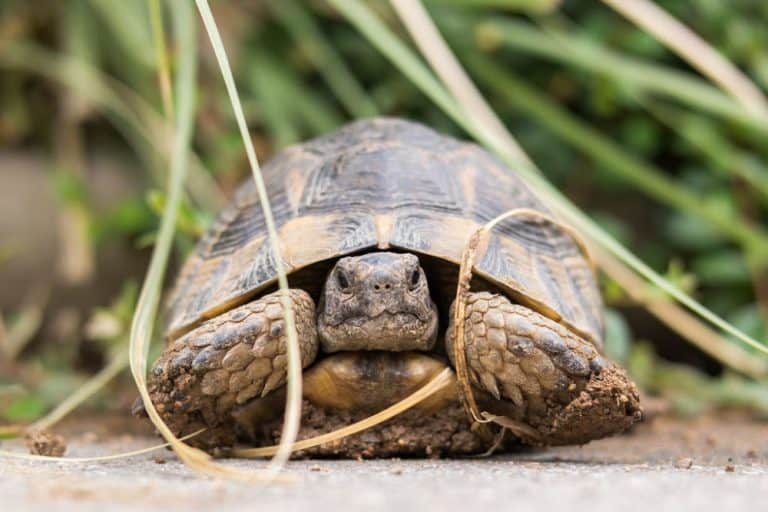Do Bearded Dragons Make Good Pets?
Every kid is captivated by dragons. Who wouldn’t want their very own fire-breathing flying monster? Unfortunately, real dragons don’t exist. But, you can get a reptile called a bearded dragon. These lizards are beautiful and have such prominent personalities. Though, before going out and satisfying your need for a dragon, you might want to learn a little about it. After all, not everything about bearded dragons is sunshine and daisies.
Do Bearded Dragons Make Good Pets?
Bearded dragons make a great pet for both children and adults. As far as reptiles go, they are one of the simplest reptiles to own. The trickiest aspect of their care is getting their environment right. Once you have the correct setup with the proper UVB lighting and temperatures, they are incredibly easy animals to care for and enjoy.

For the right person, a bearded dragon can make an exceptional pet. They have a ton of great qualities and minimal downside to owning them. But, they are not for everyone. And that’s ok. Not every pet will be the right match for you. That’s why we are here to give you as much information as possible before buying a pet.
Bearded dragons can make great pets for the first-time reptile owner. But, they do require a lot of care and a specific diet to follow. So it is crucial to do all your research first. Bearded dragons can also make great pets for kids that are a little older. Children that are ten and up tend to have a better understanding of responsibility and being gentle. But the responsibility ultimately falls on the parent if your child loses interest. So you need to make sure that you can deal with all the qualities of a bearded dragon before purchasing.
Pros Of Owning A Bearded Dragon
Now we will talk about all the qualities everyone loves about bearded dragons.
- The bearded dragon has a docile nature. They aren’t known to bite unless threatened, and it takes a lot to threaten them. Some owners are even able to hand feed their bearded dragons without any issues. It isn’t very often that you meet an aggressive bearded dragon.
- Reptiles are known to live a long time. And that is no different for the bearded dragon. You can expect your bearded dragon to live 10+ years if kept healthy. These longer lifespans are excellent if they are a family pet.
- Since bearded dragons are so docile, it makes them easy to hand tame as well. Even younger dragons are relaxed while being held for short amounts of time. It isn’t uncommon to see your bearded dragon perched on a shoulder or relaxing on the couch as if they belong there.
- For apartment dwellers, a bearded dragon can be perfect. They are not noisy and won’t bother your neighbors. Most of your neighbors probably won’t even know you have one unless you tell them. You might occasionally hear digging or a small thud. But its nothing in comparison to dogs and cats.
- They also don’t smell unless you haven’t cleaned their cage in a while. Bearded dragons produce no body odor or a musk, so you won’t have to worry about your house smelling like animals.
- For a reptile, bearded dragons are easy to care for. As long as you feed them a well-balanced diet and keep their enclosure clean, they are quite hardy. They don’t need extra outside time or walks. They are happy to relax and bask in their cages most of the day.
- And of course, there are so many different color morphs of bearded dragons. And each morph is better than the next. Having a large variety can make it hard to choose just one. It is easy to want to collect some of the rarest morphs.
Cons Of Owning A Bearded Dragon
Now we need to talk about the negative side of owning bearded dragons. Some of these cons are not that bad, but others can be a deal-breaker.
- For one, bearded dragons are pretty expensive. To bring your bearded dragon home, you can expect to spend around $700 or more on supplies. And depending on where you live, the price to feed your bearded dragon can be anywhere from $40-$120. Healthy bearded dragons also need to be seen by a vet once a year for a check-up. These check-ups are usually cheap. But if you need an emergency visit or any medications, these can cost a pretty penny.
- Another con is that bearded dragons grow pretty fast. Soon, your hatchling will be up to 24 inches long. Some people think they can offset the expenses by buying a smaller tank at first. But since they grow so quickly, it will end up costing more to upgrade than to buy the tank they need to begin with.
- Since we are on the topics of tanks, bearded dragons need to have a larger habitat of about 55-75 gallons. These tanks are expensive and take up a lot of room. Not to mention it takes more to heat these tanks than smaller ones.
- Some people may consider the beardie diet to be a major turn off. These guys need to eat a combination of fresh vegetables and live bugs. The vegetables will need to be replaced daily, and insects and worm have to be alive. You can find freeze-dried crickets in most pet stores, but these are a treat and hold no nutrition.
- Reptiles also have the risk of carrying salmonella. If your beardie is for a child, it is essential to teach them about proper handwashing afterward. And this handwashing extends to adults as well.
- And our final con is that bearded dragons are a solitary creature. They do not like to have friends and are territorial. If you have more than one in a tank, they will eventually fight. So if you want more than one, you have to have room for more than one tank.
Basic Bearded Dragon Care
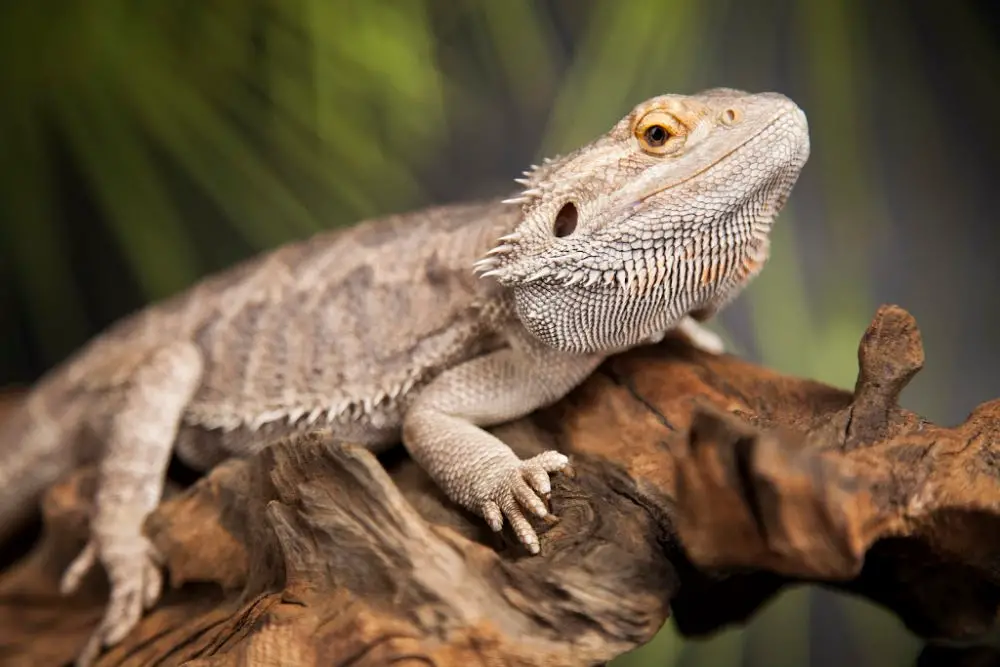
Do you still want a bearded dragon as a pet? If you don’t consider any of the cons a significant inconvenience, then you might like to learn about their care. These are a few basic care needs to get you started. There is always more to learn about them as a pet.
TERRARIUM – As mentioned earlier, bearded dragons need to have a 55-70 gallon terrarium. With a 2-foot long dragon, this gives them enough room to move around freely and live comfortably. If you have space, they would always appreciate larger enclosures as well. They love to have lots of things to climb and hide in. And if you give them a lot of variety, it gives them extra stimulation. Some beardie owners like to redecorate every few weeks for mental stimulation.
SUBSTRATE – For juvenile dragons, it is best to keep them on a repti-carpet or paper towels to prevent them from eating any substrate. Eating substrate can cause impaction in young reptiles. Impaction is a blockage from eating inedible objects. This blockage can make your bearded dragon loose energy, lose weight, and in severe cases, they can die. Once your beardie has a 6-inch long body, you can switch over to a more aesthetic substrate. Bearded dragons love to have a sand and topsoil mix. But the sand that you find at pet stores is not the best. Pet store sand is calcium-fortified, and this is known to cause issues in reptiles. Instead, you should get play sand. Play sand is very cheap and lasts a long time.
DIET – Bearded dragons need a variety of produce and live insects. A typical adult diet contains 60-65% of plants and 30-40% insects. While juveniles eat about 80% insects and 20% plant-based foods, some of their favorite plants include dark leafy greens, sweet potato, carrots, bananas, and berries, to name a few. They also love crickets, mealworms, and wax worms. You should also supplement their diets by dusting their insects with calcium powder to prevent metabolic bone disease.
LIGHTING – Bearded dragons are a desert reptile that loves hot basking areas. You will typically need three types of lighting for beardies: UVB, day basking, and night basking. They love for their whole tank to be between 80-90 degrees and 90-95 in the basking area. The UVB simulates the sun and gives them much needed vitamin D3 that is needed for calcium absorption. If you keep your house colder than 65 at night, you might want to invest in a night basking lamp as well.
Common Illnesses
We mentioned before that vet bills can be costly for bearded dragons. These are specialty vets, and they can cost a bit if your bearded dragon is sick. So we wanted to go over some of the most common illnesses and how to spot them.
* Metabolic Bone Disease – An improper diet causes this. The signs include lethargy, seizures, broken bones, and lack of appetite. To prevent this, you have to make sure that your bearded dragon is getting plenty of calcium, D3, and a well-balanced diet.
* Mouth Rot – This is an infection in the gums and mouth area. Signs include swelling of gums and mouth, yellow puss, discoloration around mouth, decreased appetite. Mouth rot is easily treated with antibiotics from your vet.
* Parasites – Parasites are a common thing in juvenile bearded dragons. Some signs of parasites include weight loss, lethargy, and decreased appetite along with diarrhea. These can take over your dragon very quickly, so a prescription is needed to get rid of them.
While many diseases can affect any reptile, these are the most commonly seen in baby beardies shortly after bringing them home.
Is A Bearded Dragon Right For You?
Bearded dragons as pets can be a pleasant experience for the whole family. They can teach you so much about the reptile world, and add a little character to a room. These docile and yet curious creatures are sure to capture the hearts of everyone who visits.
Related Questions
Are bearded dragons good with dogs?
Actually, yes! Bearded dragons can get along quite well with your other household pets, such as dogs and cats. Beardies are usually quite calm and often show signs of affection towards both humans and other animals. However, always be sure to supervise your pets when they are together to ensure everyone is safe and not stressed.
Can I kiss my bearded dragon?
As adorable as bearded dragons are, you never want to kiss one. Kissing your beardie is an easy way to contract salmonella. Keep the bearded dragon away from your face, especially around the mouth and nose. Making sure to follow good husbandry and housekeeping for your dragon is an important process for your health and that of your bearded dragon!

